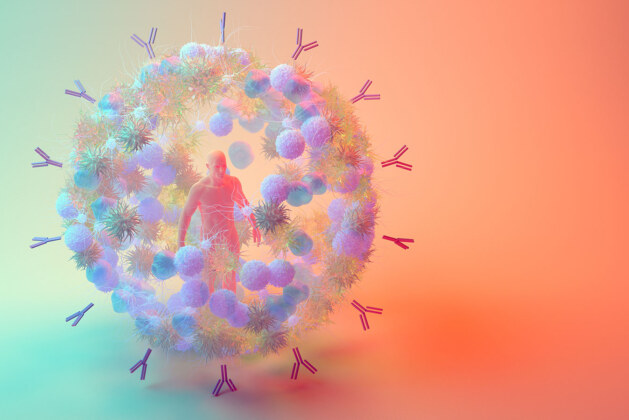Immune System Warriors: How Your Body Battles Infections – Learn how your immune system fights viruses, bacteria, and other invaders to keep you healthy. Discover the cells, organs, and mechanisms that form your body’s ultimate defense team.
Table of Contents
Introduction: Your Body’s Hidden Army
Every second of every day, your body is under siege. Bacteria, viruses, fungi, and other invaders try to sneak in and take over. Yet, most of the time, you don’t even notice. Why? Because your immune system—a complex, intelligent defense network—is always on guard, silently protecting you. Let’s take a closer look at these immune system warriors and how they work to keep you alive and healthy.
What Is the Immune System?
The is your body’s natural defense mechanism. It’s not a single organ, but rather a network of cells, tissues, and organs that work together to protect you from harmful substances. Its job is to recognize what belongs in your body—and what doesn’t.
When the it spots an invader, it launches a rapid and targeted attack to neutralize the threat. It remembers past infections, allowing it to fight future threats more efficiently. That’s how vaccines work—by training your immune system without making you sick.
The Frontline Defenders: Innate Immunity
The immune system has two main divisions: innate and adaptive.
The innate immune system is your first line of defense. It’s fast, general, and always active. Here are some of its key players:
- Skin and mucous membranes – Act as physical barriers.
- White blood cells (like neutrophils and macrophages) – Detect and destroy foreign invaders.
- Inflammation – Helps isolate infected areas and speeds up healing.
- Fever – Raises body temperature to make it harder for pathogens to survive.
Innate immunity doesn’t recognize specific pathogens, but it reacts immediately to anything it sees as dangerous.
The Precision Team: Adaptive Immunity
If the innate system is your body’s rapid-response team, the adaptive immune system is its special forces.
This branch is slower to react, but it’s far more precise. It learns from every encounter and stores that knowledge for future battles. Its main components include:
- T cells – Some kill infected cells directly (killer T cells), while others coordinate the response (helper T cells).
- B cells – Produce antibodies that target and neutralize specific pathogens.
- Memory cells – Remember past infections and provide long-lasting immunity.
Adaptive immunity is why you usually don’t get chickenpox twice—or why a COVID-19 vaccine can protect you from serious illness.
How the Battle Unfolds
Here’s a simplified version of what happens when your body faces an infection:
- Detection – A pathogen breaches your physical barriers (skin, mucous membranes).
- Alarm Raised – Innate immune cells recognize invaders and launch a general attack.
- Reinforcements Called – If the pathogen persists, adaptive immunity steps in.
- Precise Strike – T cells destroy infected cells; B cells produce antibodies.
- Memory Formed – The system remembers the pathogen for faster future responses.
What Weakens Your Immune System?
Several factors can impair your immune system, including:
- Poor nutrition
- Lack of sleep
- Chronic stress
- Sedentary lifestyle
- Smoking and excessive alcohol
- Medical conditions like diabetes or HIV
A weakened immune system means your body can’t fight infections as effectively, making you more vulnerable to illness.
Boosting Your Immune System Naturally
You don’t need magic pills to strengthen your immune. Here’s what actually works:
- Eat a balanced diet rich in fruits, vegetables, and lean proteins.
- Stay physically active.
- Get 7–9 hours of sleep.
- Stay hydrated.
- Manage stress through mindfulness, meditation, or hobbies.
- Don’t skip vaccinations.
These habits don’t just support immunity—they support your overall health.
Conclusion: Respect Your Body’s Warriors
Your immune system is nothing short of a biological marvel. From your skin to your white blood cells, every part of it plays a vital role in protecting you from harm. Understanding how it works helps you appreciate your body—and empowers you to take better care of it.
The next time you’re fighting off a cold, remember: your immune warriors are on the frontlines, working tirelessly to bring you back to health.
Read More: Black Holes: The Giants Lurking at Galactic Centers




